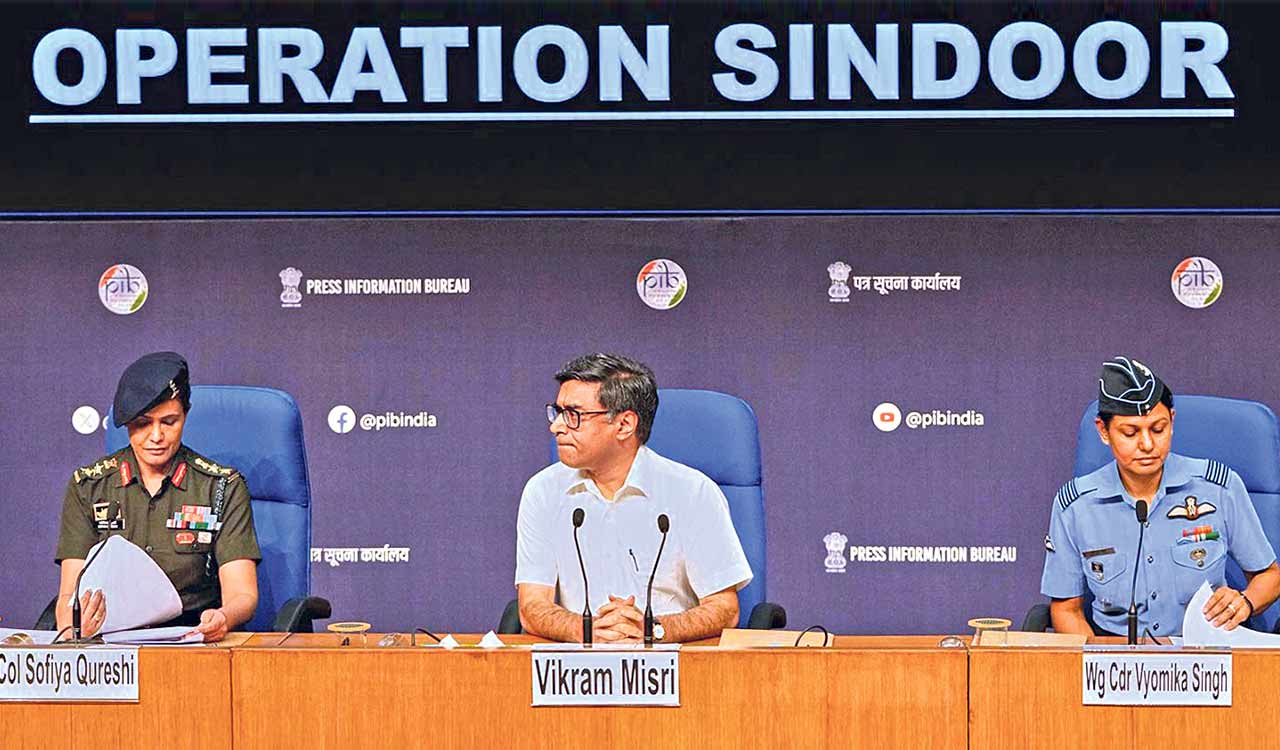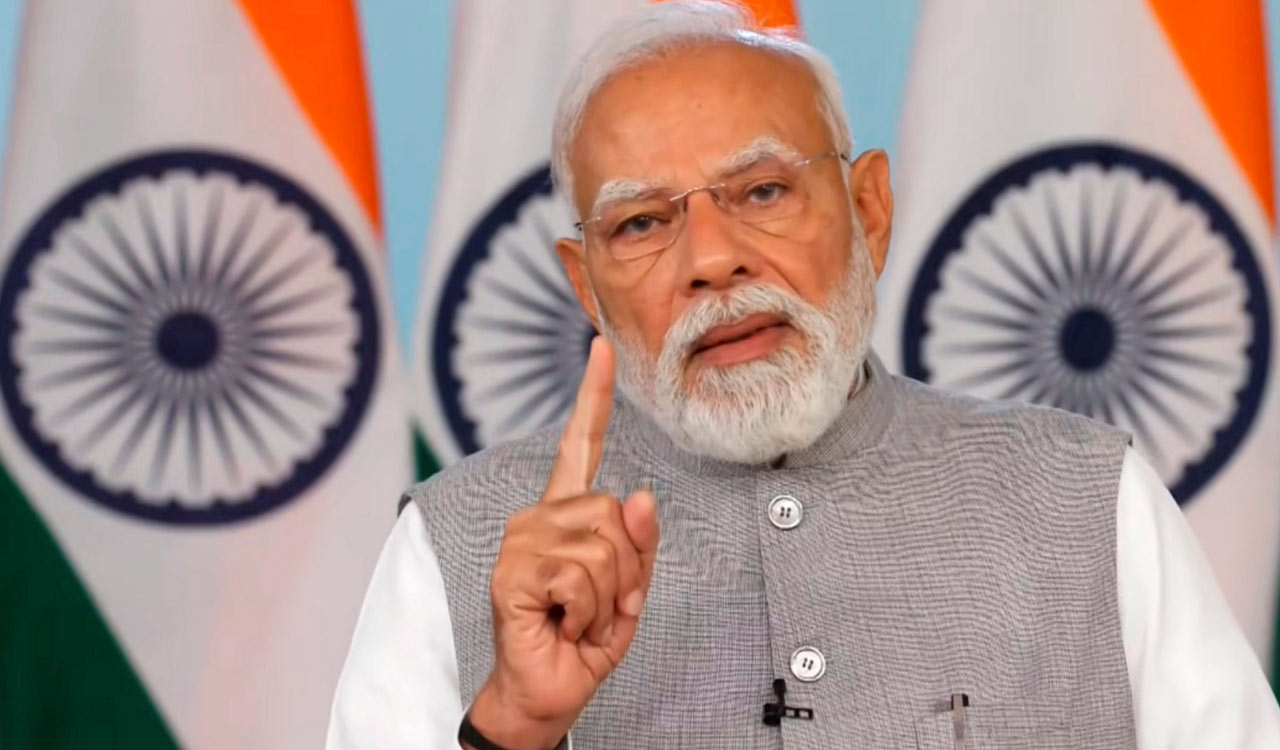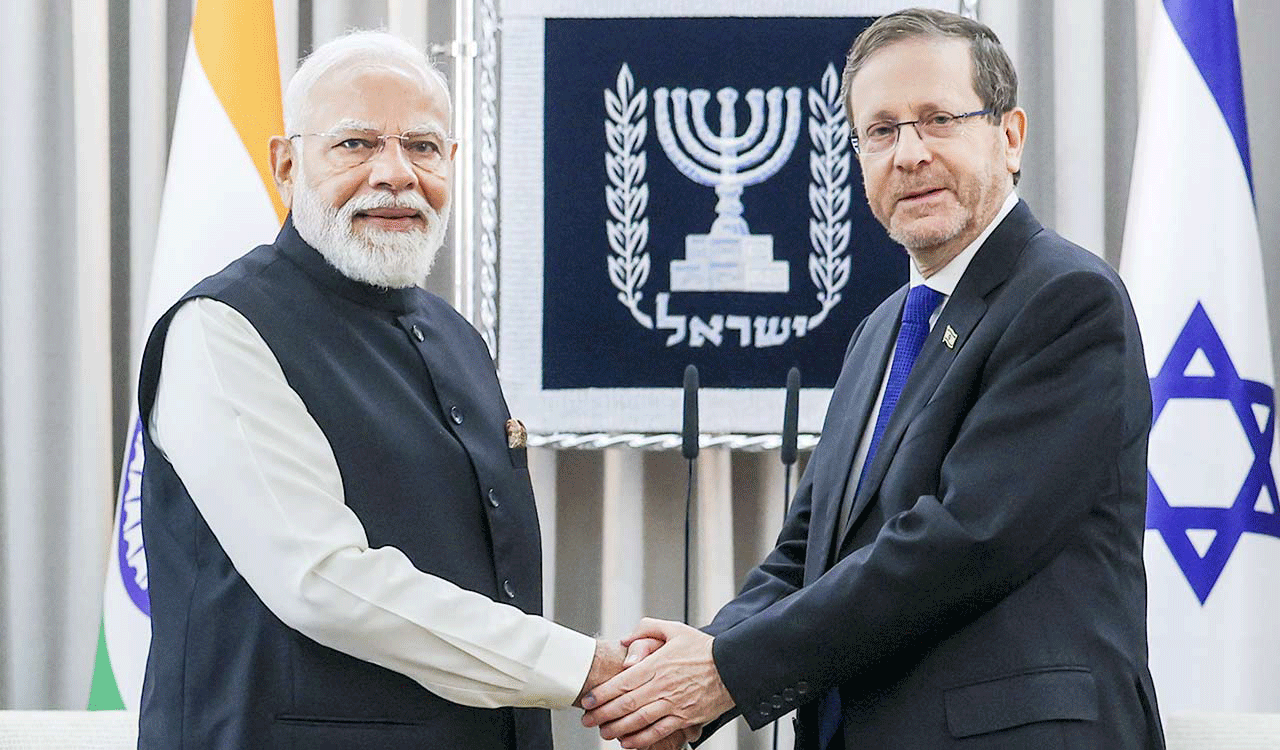Opinion: India’s new security doctrine — The salience of risk-taking
For better or for worse, the present government has raised expectations on the security front not only for itself but also for future governments

By Nabarun Roy
In the final hours of the India-Pakistan face-off in the second week of May, India announced that going forward, acts of terrorism directed at it would be construed as acts of war and that India would respond accordingly. From India’s point of view, the gloves are well and truly off.
Also Read
Given India’s robust response to the terror attack on April 22 and a growing awareness that India’s attacks targeting Pakistani military installations were decisive, there should be no doubt that India will make good on its promise to treat future acts of terrorism by Pakistan-backed terrorists as deserving a strong response.
Risk-taking Appetite
Going beyond the certainty of India’s possible actions, what are some of the challenges connected with the country’s new doctrine? We will focus on highlighting the risk-taking appetite of Indian decision-makers and how this factor raises some concerns.
The new doctrine can be linked with the persona of Prime Minister Narendra Modi. If there is one thing that stands out in his style of governance, it is his risk-taking appetite. There is no denying that the last 11 years have demonstrated his ability to probe new and untested paths.
Keeping in mind the way India’s governments since 2014 made defence and foreign policy part and parcel of everyday discussion, opponents of the BJP and Modi have to realise and acknowledge these realities
The controversial demonetisation of 2016, the highly publicised attacks by Indian special forces across the LOC in the same year, the Balakot airstrike of 2019, which saw India hit terrorist infrastructure in Pakistan proper (and not POK), the abrogation of Article 370 and the very recent missile attacks all over Pakistan amply highlight Modi’s risk-taking proclivity.
In the security realm, he has ensured that India’s penchant for ‘strategic restraint’ is a thing of the past. He has assembled like-minded officials to translate his risk-taking outlook into policy. The present dispensation has demonstrated that if it is convinced of the merits of a policy, it will go through with implementing it. This does not mean that such risks have always been delivered as planned.
Failing to Deliver
One is still uncertain of the benefits of demonetisation. The ‘surgical strikes’ of 2016 and 2019 have not eradicated terrorism from Kashmir. Neither has the abrogation of Article 370 prevented Pakistan from inciting trouble in Kashmir.
By publicly announcing the new doctrine, the Modi government has committed India to an uncompromising stand towards terrorism. The next time there is a terror attack that touches the raw nerve of the nation, the Indian public will expect a robust response. The audacity of the recent strikes by India will either have to be repeated at a minimum or bested by the Indian security forces.
The present government is also invested greatly in matters of national security, sometimes to the detriment of other imperatives, critics allege. For such a regime, the straitjacketing effect that the new doctrine creates is a challenge, but one which it will not shy away from.
Future Regime
The same, however, cannot be said of future Indian governments. Given the high risk-taking quotient of the present regime, it would be unrealistic and unwise for future governments to have the same appetite for risk. One wonders how such a (future) regime will deal with the expectations of the public that will seek robust action in the face of terror attacks.
A future government lacking the risk appetite may opt not to take strong kinetic action. If it does so, it may be compelled to do so when it is not fully convinced of implementing the doctrine. The former possibility may have negative implications and undermine India’s credibility on the security front. The latter possibility may see India undertake actions that could create further problems or end up as botched attempts with serious ramifications.
For better or for worse, the present government has raised expectations on the security front not only for itself but also for future governments. It has also carved out the contours of India’s approach towards security in the coming times. Future governments will have to devise their security policies keeping these parameters in mind.
Leaders and political parties keen to upstage Modi’s government and find acceptance among the Indian public will have to devote considerable attention and resources to thinking about security very seriously. They will also need to share with the public their views and likely stance towards terrorism and national security.
Since most opposition parties are overwhelmed with fighting a strong ruling party and having their backs to the wall, this might be a tall order. However, given the demands of the Indian polity and their desire to stay politically relevant, they have to think big and go beyond the tactical issue.
Given the incentive structure facing the Pakistani military, it is unlikely it will give up using terrorism as a tool of statecraft – that much is a given. Keeping in mind the way India’s governments since 2014 have situated security in politics and made defence and foreign policy part and parcel of everyday discussion, opponents of the BJP and Modi have to realise and acknowledge these realities. Not catching the bull by its horns will not help them.

(The author is Senior Assistant Professor at the Department of International Relations, Faculty of International Studies, South Asian University, New Delhi)
Related News
-
BC, SC and ST organisations stage protest at DGP office over Kummera village incident
52 mins ago -
‘Irresponsible’: Ponnam hits back at Bandi Sanjay’s comments
1 hour ago -
Poorer sections under stress in Congress rule: MLC Madhusudhan
1 hour ago -
Sports briefs: Sanjana, Hasini win titles at All India Women’s Tennis tournament
1 hour ago -
Konda Surekha suspends four temple staffers in Balkampet
2 hours ago -
Sreenidi Deccan FC take on Diamond Harbour in their IFL opener on Saturday
2 hours ago -
Hemanth Reddy fashions Galaxy Cricket Club trophy win
2 hours ago -
Hockey India’s commitment to environmental sustainability
2 hours ago




